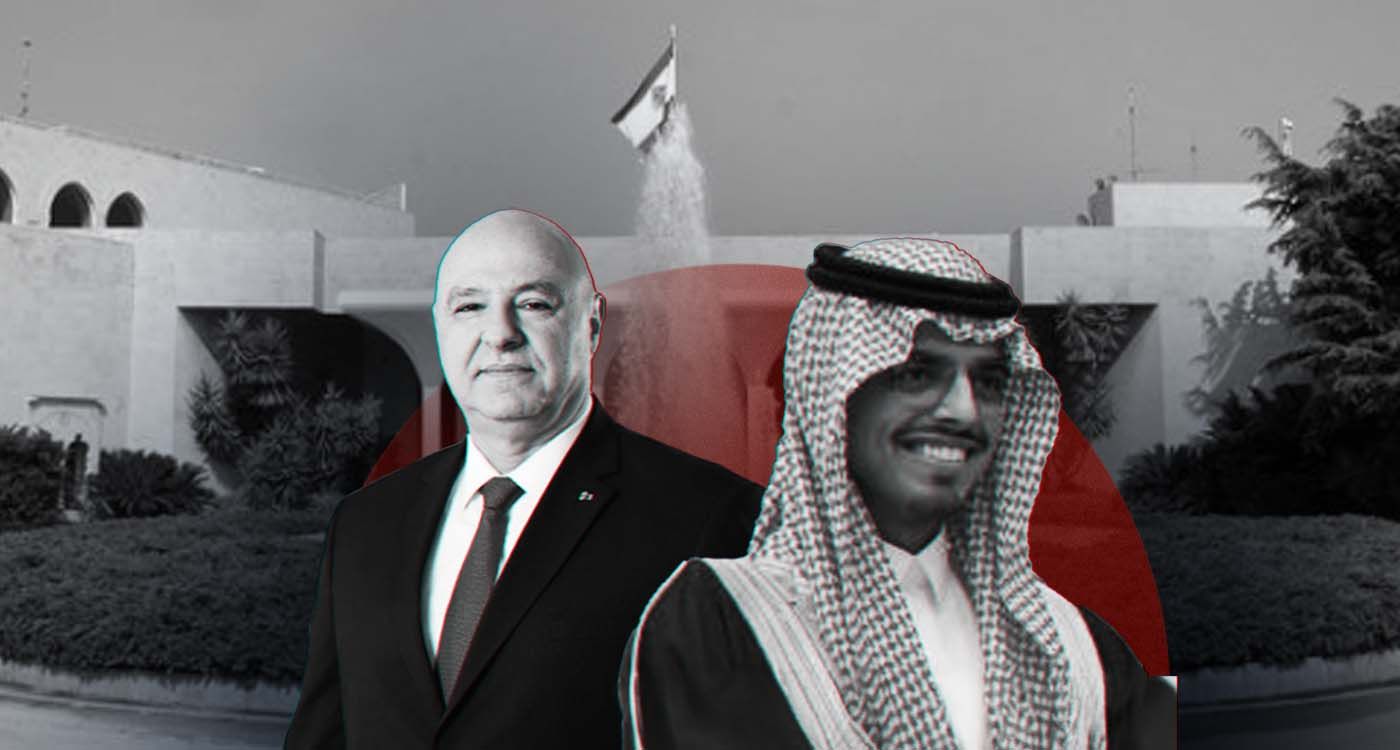
Saudi envoy Yazid bin Farhan’s visit to Beirut coincided with a call by Hezbollah’s Secretary-General Naim Qassem for dialogue with Saudi Arabia. Political sources said the overlap was coincidental. The Saudi envoy offered no reaction, suggesting Riyadh merely took note of the statement.
According to the same sources, bin Farhan’s meeting with President Aoun reaffirmed Saudi Arabia’s support for the Lebanese state as the sole legitimate authority over political and military decision-making. The sources stressed that all Lebanese factions must fall under the state’s authority and abide by the Constitution, the Taif Agreement, Lebanese laws and international resolutions. In this context, the “choice of the state” means exclusive control of weapons and the end of any armed activity both inside and outside Lebanese territory.
They said that Saudi Arabia has never been hostile toward any Lebanese faction. Hezbollah, however, has placed itself in confrontation with the kingdom, undermining its interests, security and stability. The sources cited the group’s involvement in regional conflicts, in Yemen, Bahrain, Kuwait and Syria, as well as its efforts to impose control over Lebanon. Reports have even suggested attempts by Hezbollah to interfere directly in Saudi Arabia, coupled with rhetoric openly hostile to its leadership.
From this perspective, the sources argued, Saudi Arabia seeks stability in Lebanon and the broader region. That said, stability requires a strong state with sole authority over arms and decisions of war and peace, an arrangement Hezbollah has yet to accept. They warned that the party may be using its dialogue proposal to secure political concessions in exchange for the weapons issue, which would undermine the Taif Agreement – something Riyadh will not allow.
Regionally, the sources said Iranian policies, often advanced by Hezbollah, have blocked prospects for compromise and peace, leaving Palestinians, Lebanese, Syrians, Iraqis, Yemenis, and even Iranians in ruins. Reversing this, they argued, requires a fundamental shift in Tehran’s approach. Iran must accept the need for calm and stability as a prerequisite for addressing regional crises. At the heart of these crises lies the Palestinian issue, which, in their view, can only be resolved through a diplomatic settlement leading to a two-state solution, after Iranian policies contributed to the devastation of Gaza and left Palestinians, and the wider region, adrift.




Comments